Ann Hui’s Love After Love, Ang Lee’s Lust, Caution and 4 more films adapted from Eileen Chang books, 25 years after the celebrated Chinese writer’s death
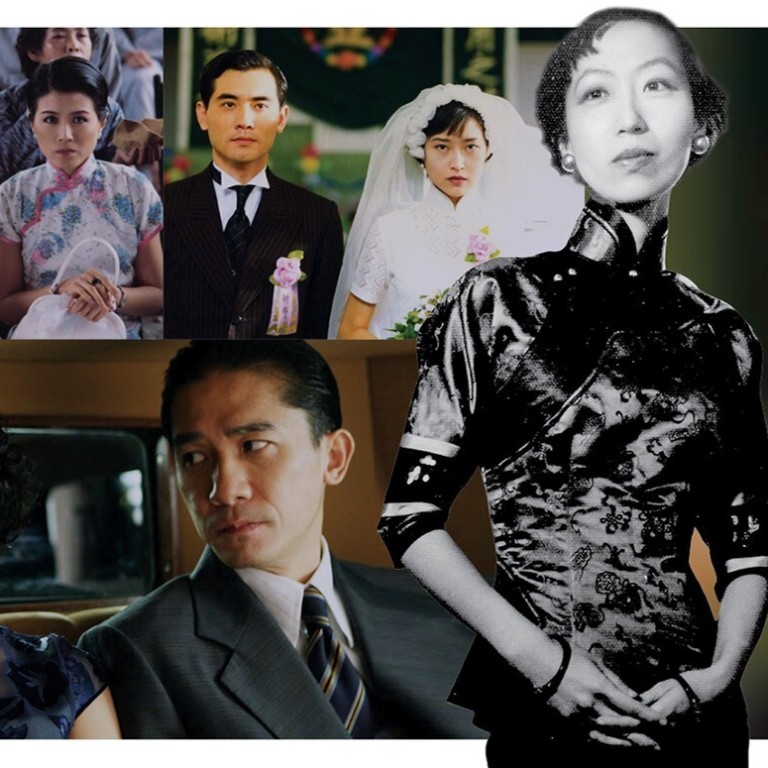
Eileen Chang was “the best and most important writer in Chinese today”, literary scholar C.T. Hsia once claimed in his authoritative book A History of Modern Chinese Fiction, 1917-1957, published in 1961.
Born into a Shanghai family, Eileen Chang (1920-1995) was arguably one of the most important writers in 20th century China. In the Western world, some scholars have often compared Chang with Jane Austen for her ability to dissect, in minute detail, the mundane things in life that affect human relationships.
Keen readers will be familiar with the themes of her work – usually about misfortunes that befall young women and the families of urban China at that time, which propagated emotionally isolated and crippled personalities.
Hong Kong movie quiz: how many of these 80s classics can you name?
It’s not difficult to sum up Chang’s oeuvre in a single word – desolation (荒涼 in Chinese). In fact, by Chang’s own reckoning, this was the word she used most often, reflecting the mood that dominates her writing.
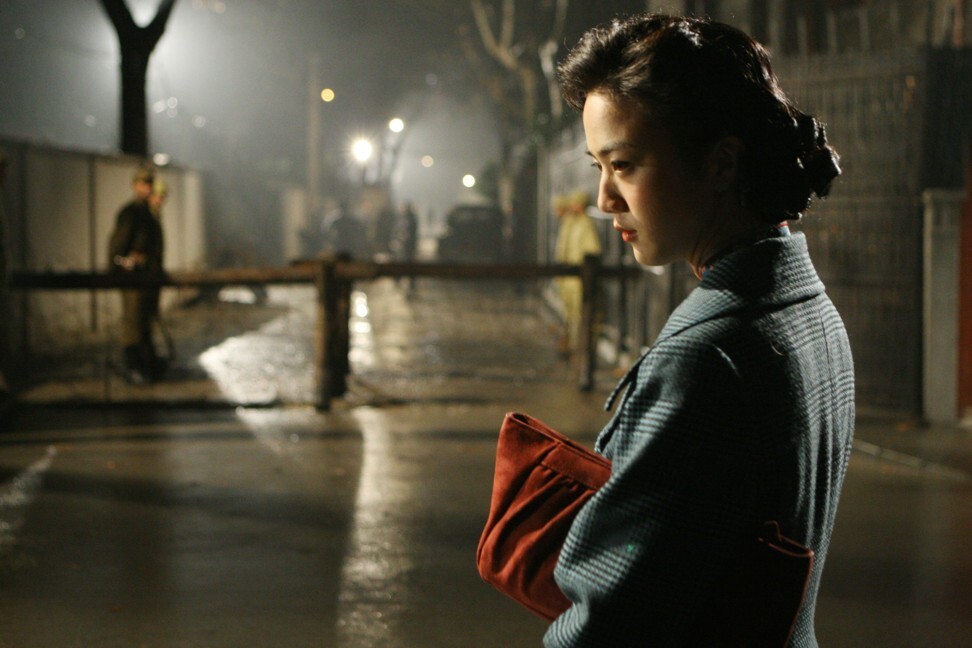
Chang’s intricate stories about intimate love and marriage have provided excellent backbones for movie scripts. Indeed, several of her novels have been made into plays and films in the past few decades, increasing her popularity and relevance for new generations in turn.
Ann Hui’s Love After Love – a movie adapted from Chang’s Agarwood Incense: The First Censer (沉香屑·第一爐香) – is set to premiere on September 8 at the 77th edition of the Venice International Film Festival. It is the first major film festival to return since the pandemic began, and the celebrated Hong Kong director will be awarded the Golden Lion for Lifetime Achievement.
Set in Hong Kong shortly before the second world war, Love After Love has Eddie Peng and Sandra Ma in the leading roles – a first trailer for which just dropped on Sunday (September 6).
From page to stage, to commemorate Chang on the 25th anniversary of her death – and what would have been her 100th birthday on September 30 – we take a look at the memorable films her novels have inspired.
Love in a Fallen City (傾城之戀)
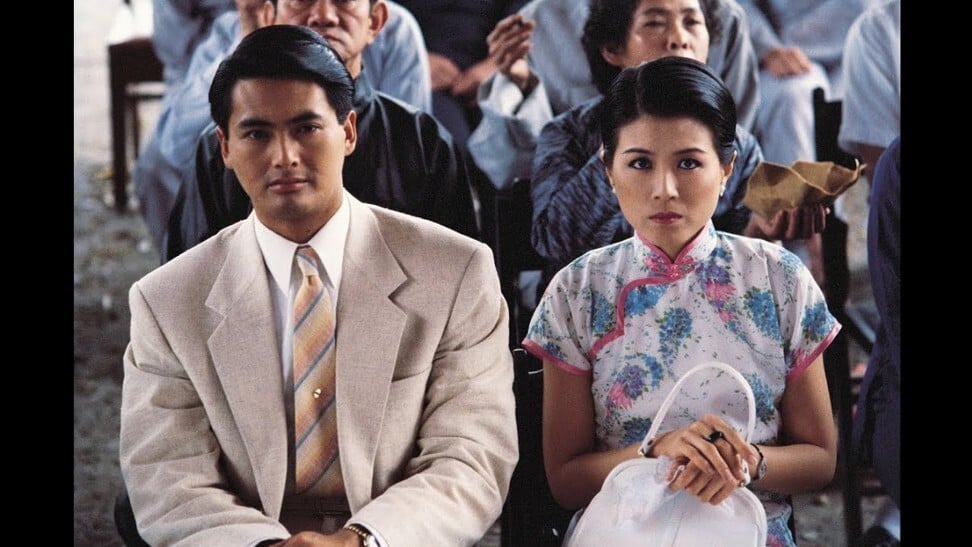
The novella Love in a Fallen City was originally published in a Shanghai magazine in 1943, and was regarded as one of Chang’s most important and popular works. It catapulted her to celebrity status as a young fiction writer.
Set in 1940s Shanghai and Hong Kong, it is a love story about Bai Liusu, a beautiful divorcee, and Fan Liuyuan, a young and rich bachelor known to be a womaniser. The two go through many trials and tribulations together, while doubting each other’s true commitment and love.
What makes Hong Kong star Chow Yun-fat ‘the coolest actor in the world’?
Directed by Ann Hui, the story was adapted into a film of the same name in 1984, starring Chow Yun-fat and Cora Miao as Fan and Bai respectively.
Love in a Fallen City is a rare jewel among Chang’s fiction because it can be read as a romance with a happy ending.
Rouge of the North (怨女)
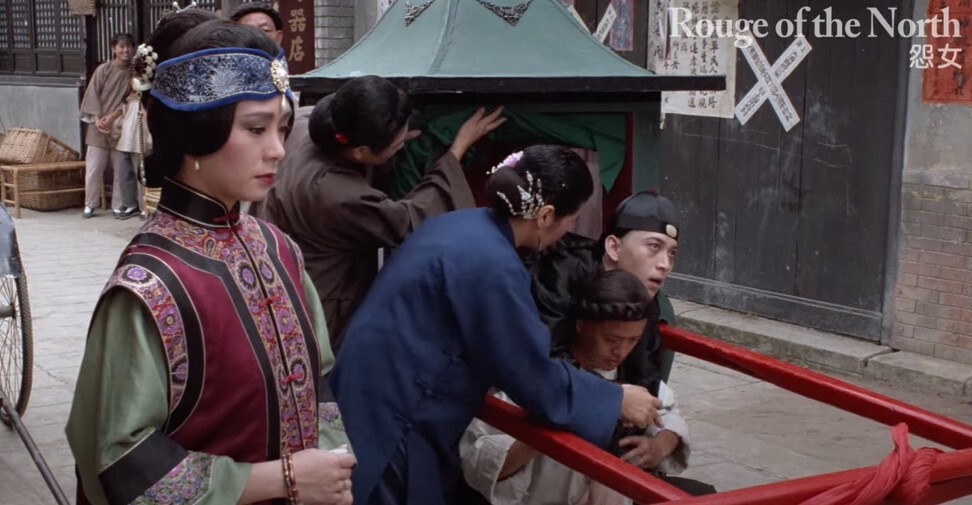
The 1988 film Rouge of the North – by Taiwanese director Fred Tan and starring Pat Ha as the lead actress – is a faithful adaptation of Chang’s novelette The Golden Cangue (金鎖記), published in 1943. The novella has been hailed as one of the greatest in the history of modern Chinese literature.
The film depicts a tragic story in early 20th century China. Yin Di, a beautiful girl, marries a sick, wealthy man through an arranged marriage. After surviving in her new home, Yin Di gradually becomes a wealthy, cruel wife.
How Pak Suet-sin and Yam Kim-fai brought gender-bending to Chinese cinema
Red Rose, White Rose (紅玫瑰白玫瑰)
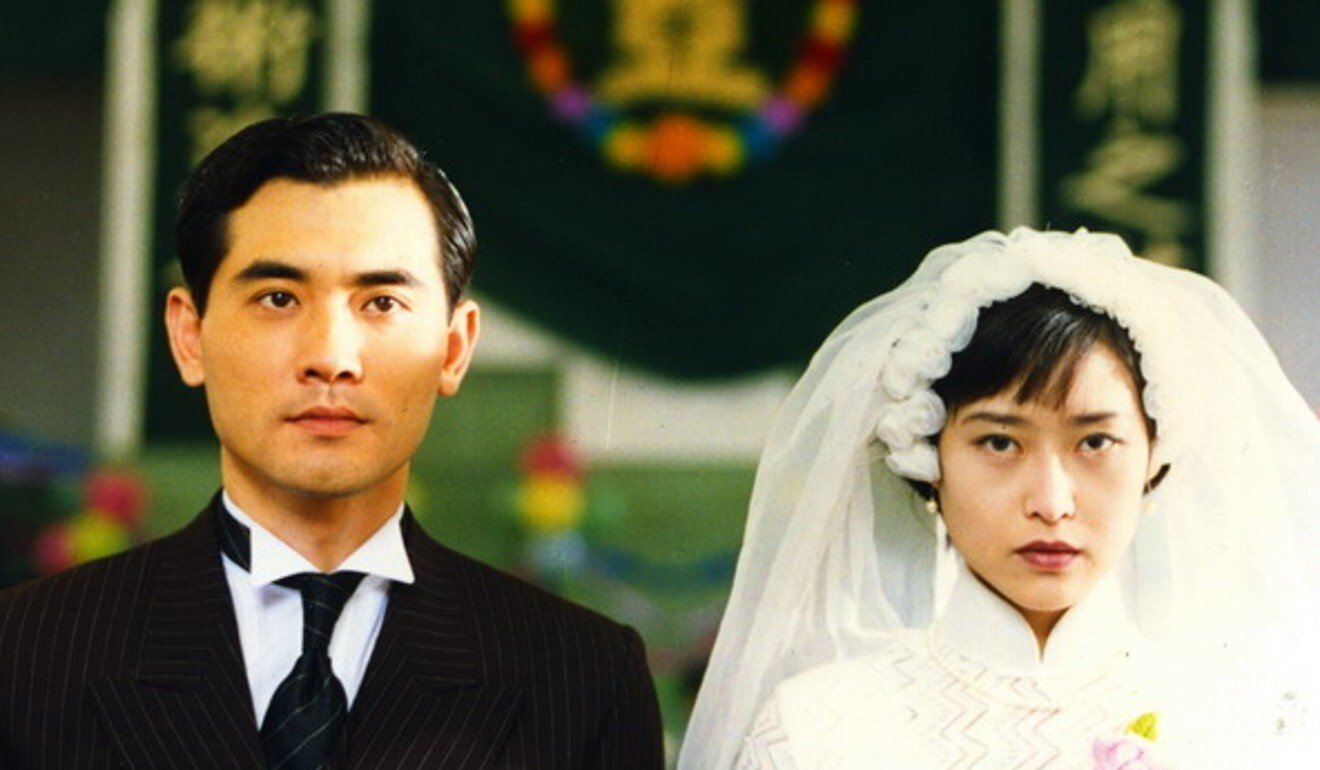
When Hong Kong fell to the Empire of Japan in 1941, Chang – at that time studying English literature at the University of Hong Kong – returned to Shanghai. A few years later, in 1944, Chang finished her short story Red Rose, White Rose.
Five decades later, the Hong Kong director Stanley Kwan adapted the story into a movie, while scriptwriter Edward Lam – who went on to mount an evolving dialogue with Chang’s work through a series of innovative plays – stayed close to the author’s intent.
“Marry a red rose and eventually she‘ll be a mosquito-blood streak smeared on the wall, while the white one is ‘moonlight in front of my bed’. Marry a white rose, and before long she’ll be a grain of sticky rice stuck to your clothes; the red one, by then, is a scarlet beauty mark just over your heart
The story is about the love life of Tong Zhenbao, who has a steamy fling with the saucy and exciting Wang Jiao-rui (“red rose”). However, he knows he will not end up with her. To maintain his reputation and fulfil the expectations of his family, he marries Meng Yanli (“white rose”), a stiff but well-bred woman from a family of repute.
Canto-pop queen Anita Mui was the ‘Madonna of Asia’
Eighteen Springs (半生緣)
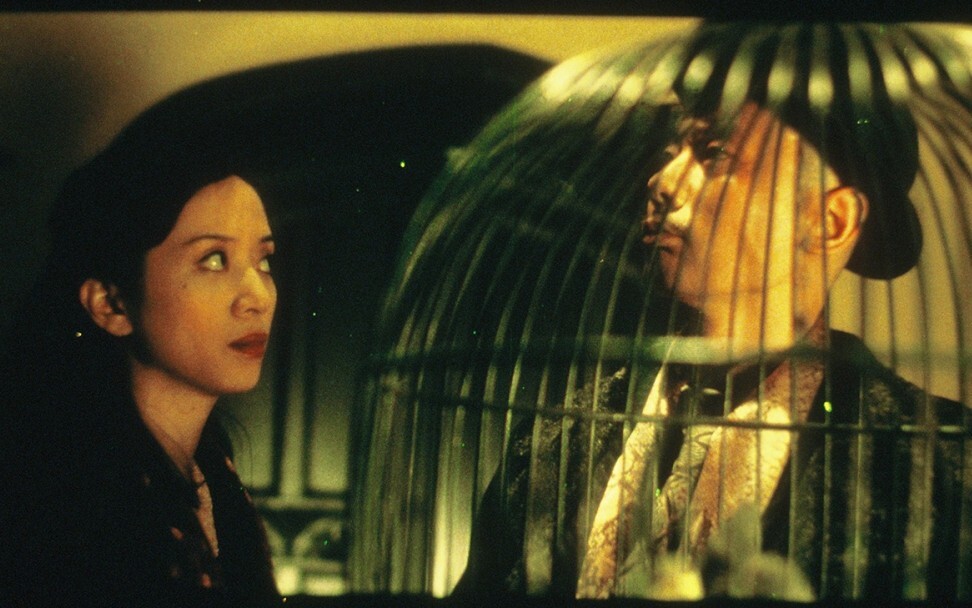
Initially serialised in a Shanghai newspaper, Eighteen Springs was later published as a book in 1950. Ann Hui directed the movie of the same title in 1997, marking the second time Hui took on an Eileen Chang adaptation.
Set in Shanghai in the 1930s, the film chronicles the heartbreaking love affair of Manjing (portrayed by Jacqueline Wu) and Shijun (portrayed by Leon Lai) whose romance is doomed by the forces of social and sexual hypocrisy, and by Manjing‘s sister Manlu’s (Anita Mui) chilling act of betrayal.
Eighteen Springs tells the tragic tale of two lovers who seem perpetually at odds with destiny.
In 1969, Chang published a revised version of the book in Taiwan, changing the title from Eighteen Springs (十八春) to Ban Sheng Yuan (半生緣) or The Yuan (affinity) of Half a Lifetime. Although the film’s English title retained the original Chinese title, the Chinese title used the revised title of the novel.
Ann Hui’s 5 best films – from Boat People to A Simple Life
Lust, Caution (色戒)
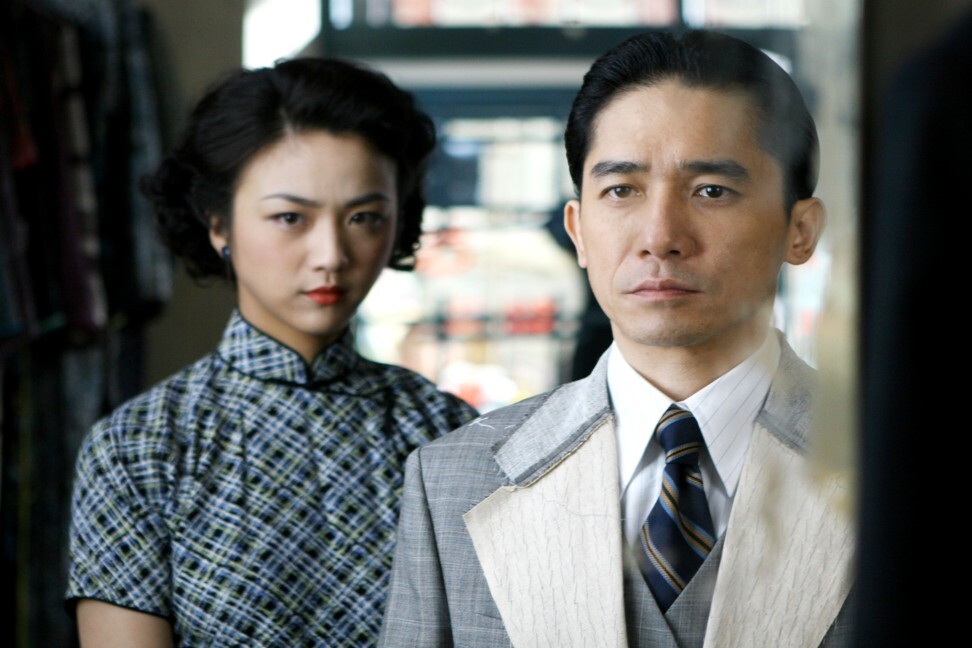
Interest in Chang’s work has received an international boost in the past two decades, largely thanks to the global success of Ang Lee’s film Lust, Caution in 2007 – and the controversies surrounding it.
Chang wrote the novel, which is based on a true historical event, in 1979. It twists the martyrdom of the beautiful secret agent Zheng Pingru into a tale of betrayal. Zheng fails to assassinate Wang Jingwei’s security chief Ding Mocun and is executed, but never betrays her comrades.
However, in the film Lust, Caution, the heroine, Wang Jia-zhi (portrayed by Tang Wei), warns her lover Mr Yi (Tony Leung Chiu-wai) before the assassination attempt and he escapes.
Want more stories like this? Sign up here. Follow STYLE on Facebook, Instagram, YouTube and Twitter .

As Ann Hui’s Love After Love premieres at the Venice International Film Festival, STYLE looks back at 5 more movies based on the timeless novels of Chinese writer Eileen Chang – from Ang Lee’s Lust, Caution to Hui’s earlier adaptations Love in a Fallen City and Eighteen Springs